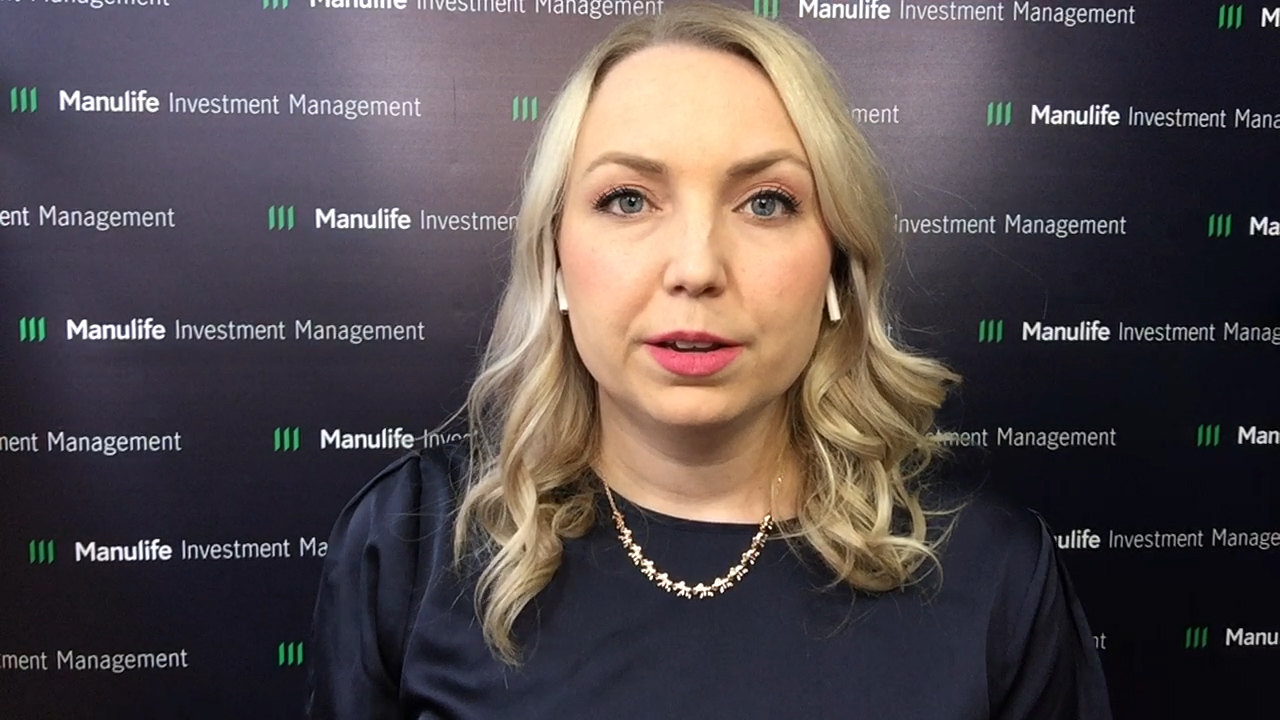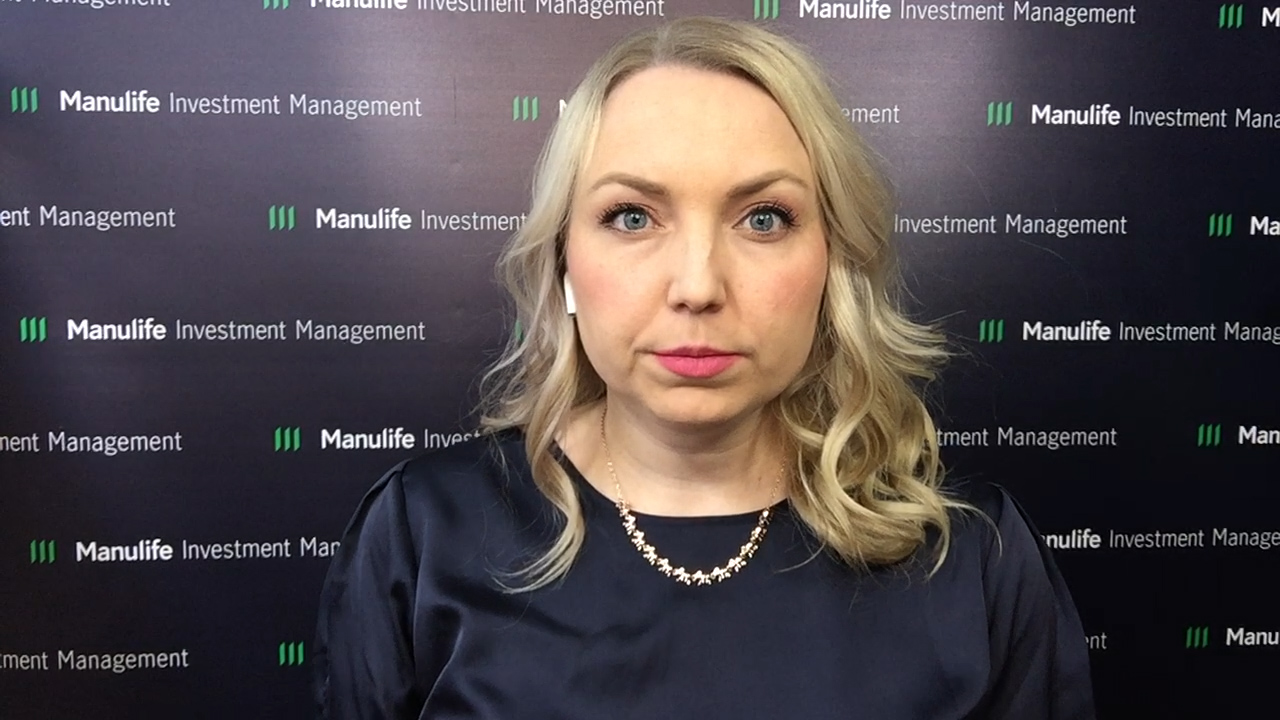Global Macro Outlook—an uneven recovery begins

A crisis unlike any other brings about a recovery unlike any other
Economists are used to studying the past in the hope that historic events could inform the future. It’s a framework that’s worked for the most part, helping us better understand the chain of events that are likely to unfold in the lead up to a recession and how a recovery process might look. Insight gleaned from this framework forms the basis of countless economic models and plays an important role in shaping monetary and fiscal policy—until now.
The COVID-19 outbreak has changed the way we look at the global economy, and crucially, the way we understand recessions. Historically, recessions are viewed as a staple of the economic cycle. They’re typically manufacturing-led, starting with a dip in aggregate demand, which eventually translates into contractions in industrial production, with a subsequent impact on employment, wages, and ultimately, consumer demand. The COVID-19 outbreak changed all that.
As lockdowns were introduced, a significant chunk of consumer demand vanished overnight, plunging us straight into the most severe part of a recession that led to unprecedented levels of unemployment. Meanwhile, demand for different types of goods and services surged. Items that weren’t previously deemed essential suddenly became crucial, and routine processes such as logistics and procurement suddenly became vital, as firms rushed to reallocate their resources in record time. Simply put, everyone had to tear up their economics playbook and create a new one as they went along, relying on alternative data sets in an environment defined by unprecedented uncertainty.
Although the unprecedented level of fiscal and monetary support that has been introduced in the last few months speaks to the enormous challenges confronting the global economy, the news isn’t all bad. The recent rush of better-than-expected economic data has injected a sense of cautious optimism into the markets. However, the path to recovery is likely to be anything but smooth.
What’s clear to us is that the pandemic’s impact will be uneven across the globe, thereby implying that the global recovery will also be uneven—a complex process that could be derailed quickly by another surge in COVID-19 infections. Crucially, in the background, geopolitical tensions begin to rise yet again, as we approach the U.S. presidential election in November, and as the deadline for the United Kingdom’s Brexit negotiations with the European Commission closes in.
That said, it’s true that the global economic outlook is somewhat brighter at this point than it was three months ago. Against this backdrop, we present the latest edition of our Global Macro Outlook, outlining the key macroeconomic trends that we believe will shape the global economy in the months ahead.
 The global economic recovery might be underway, but a lack of visibility continues to weigh on growth prospects.
The global economic recovery might be underway, but a lack of visibility continues to weigh on growth prospects.
 Unprecedented level of monetary and fiscal policies introduced recently have helped to cushion the impact of the pandemic.
Unprecedented level of monetary and fiscal policies introduced recently have helped to cushion the impact of the pandemic.
Important disclosures
A widespread health crisis such as a global pandemic could cause substantial market volatility, exchange trading suspensions and closures, and affect portfolio performance. For example, the novel coronavirus disease (COVID-19) has resulted in significant disruptions to global business activity. The impact of a health crisis and other epidemics and pandemics that may arise in the future, could affect the global economy in ways that cannot necessarily be foreseen at the present time. A health crisis may exacerbate other preexisting political, social, and economic risks. Any such impact could adversely affect the portfolio’s performance, resulting in losses to your investment
Investing involves risks, including the potential loss of principal. Financial markets are volatile and can fluctuate significantly in response to company, industry, political, regulatory, market, or economic developments. These risks are magnified for investments made in emerging markets. Currency risk is the risk that fluctuations in exchange rates may adversely affect the value of a portfolio’s investments.
The information provided does not take into account the suitability, investment objectives, financial situation, or particular needs of any specific person. You should consider the suitability of any type of investment for your circumstances and, if necessary, seek professional advice.
This material, intended for the exclusive use by the recipients who are allowable to receive this document under the applicable laws and regulations of the relevant jurisdictions, was produced by, and the opinions expressed are those of, Manulife Investment Management as of the date of this publication and are subject to change based on market and other conditions. The information and/or analysis contained in this material has been compiled or arrived at from sources believed to be reliable, but Manulife Investment Management does not make any representation as to their accuracy, correctness, usefulness, or completeness and does not accept liability for any loss arising from the use of the information and/or analysis contained. The information in this material may contain projections or other forward-looking statements regarding future events, targets, management discipline, or other expectations, and is only as current as of the date indicated. The information in this document, including statements concerning financial market trends, are based on current market conditions, which will fluctuate and may be superseded by subsequent market events or for other reasons. Manulife Investment Management disclaims any responsibility to update such information.
Neither Manulife Investment Management or its affiliates, nor any of their directors, officers, or employees shall assume any liability or responsibility for any direct or indirect loss or damage or any other consequence of any person acting or not acting in reliance on the information contained herein. All overviews and commentary are intended to be general in nature and for current interest. While helpful, these overviews are no substitute for professional tax, investment, or legal advice. Clients should seek professional advice for their particular situation. Neither Manulife, Manulife Investment Management, nor any of their affiliates or representatives is providing tax, investment, or legal advice. This material was prepared solely for informational purposes, does not constitute a recommendation, professional advice, an offer, or an invitation by or on behalf of Manulife Investment Management to any person to buy or sell any security or adopt any investment strategy, and is no indication of trading intent in any fund or account managed by Manulife Investment Management. No investment strategy or risk management technique can guarantee returns or eliminate risk in any market environment. Diversification or asset allocation does not guarantee a profit or protect against a loss in any market. Unless otherwise specified, all data is sourced from Manulife Investment Management. Past performance does not guarantee future results.
Manulife Investment Management
Manulife Investment Management is the global wealth and asset management segment of Manulife Financial Corporation. We draw on more than a century of financial stewardship to partner with clients across our institutional, retail, and retirement businesses globally. Our specialist approach to money management includes the highly differentiated strategies of our fixed-income, specialized equity, multi-asset solutions, and private markets teams, along with access to specialized, unaffiliated asset managers from around the world through our multimanager model.
These materials have not been reviewed by and are not registered with any securities or other regulatory authority, and may, where appropriate, be distributed by the following Manulife entities in their respective jurisdictions. Additional information about Manulife Investment Management may be found at manulifeim.com/institutional.
Australia: Hancock Natural Resource Group Australasia Pty Limited, Manulife Investment Management (Hong Kong) Limited. Brazil: Hancock Asset Management Brasil Ltda. Canada: Manulife Investment Management Limited, Manulife Investment Management Distributors Inc., Manulife Investment Management (North America) Limited, Manulife Investment Management Private Markets (Canada) Corp. China: Manulife Overseas Investment Fund Management (Shanghai) Limited Company. European Economic Area and United Kingdom: Manulife Investment Management (Europe) Ltd., which is authorized and regulated by the Financial Conduct Authority; Manulife Investment Management (Ireland) Ltd., which is authorized and regulated by the Central Bank of Ireland Hong Kong: Manulife Investment Management (Hong Kong) Limited. Indonesia: PT Manulife Aset Manajemen Indonesia. Japan: Manulife Investment Management (Japan) Limited. Malaysia: Manulife Investment Management (M) Berhad (formerly known as Manulife Asset Management Services Berhad) 200801033087 (834424-U). Philippines: Manulife Asset Management and Trust Corporation. Singapore: Manulife Investment Management (Singapore) Pte. Ltd. (Company Registration No. 200709952G). South Korea: Manulife Investment Management (Hong Kong) Limited. Switzerland: Manulife IM (Switzerland) LLC. Taiwan: Manulife Investment Management (Taiwan) Co. Ltd. United States: John Hancock Investment Management LLC, Manulife Investment Management (US) LLC, Manulife Investment Management Private Markets (US) LLC, and Hancock Natural Resource Group, Inc. Vietnam: Manulife Investment Fund Management (Vietnam) Company Limited.
Manulife Investment Management, the Stylized M Design, and Manulife Investment Management & Stylized M Design are trademarks of The Manufacturers Life Insurance Company and are used by it, and by its affiliates, under license.
518206
